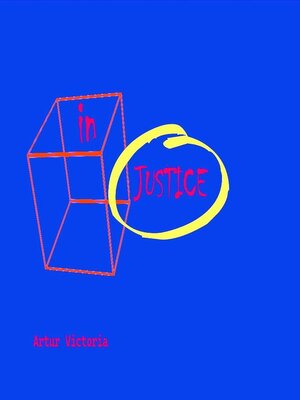
Sign up to save your library
With an OverDrive account, you can save your favorite libraries for at-a-glance information about availability. Find out more about OverDrive accounts.
Find this title in Libby, the library reading app by OverDrive.



Search for a digital library with this title
Title found at these libraries:
| Library Name | Distance |
|---|---|
| Loading... |
The understanding of injustice is further shaped by cultural contexts. What constitutes fairness and equity varies significantly across different societies. Certain practices may be considered acceptable in one culture but unjust in another. Understanding these cultural nuances is vital for developing effective strategies to combat injustice in a globalized world. The concept of injustice encompasses a broad spectrum of experiences and actions. It extends beyond isolated acts of cruelty or discrimination to include systemic, institutional, and interpersonal levels of oppression. Systemic injustice refers to the ways in which social structures, policies, and institutions create and perpetuate inequalities, often unintentionally. Institutional injustice involves the biased or discriminatory actions of specific institutions, such as the police, courts, or schools. Interpersonal injustice occurs in relationships between individuals, such as acts of bullying, harassment, or domestic abuse. These levels are deeply interconnected, with individual acts often reflecting broader systemic and institutional patterns of oppression. Injustices are not only a characteristic of authoritarian regimes. Unfortunately in democracies injustices also exist. Our approach is very wide but reflects reality, with a case study as example.







